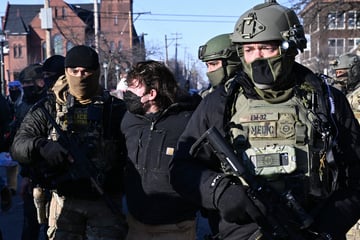How DNA could hold the key to one man's genetic case for reparations
Bissau, Guinea-Bissau - Born with the name Anthony "Tony" Blake, Siphiwe Baleka has gone from African-American swimming prodigy to international human rights activist, launching a historic petition that could open the door for people of African descent seeking reparations for the crimes of enslavement.
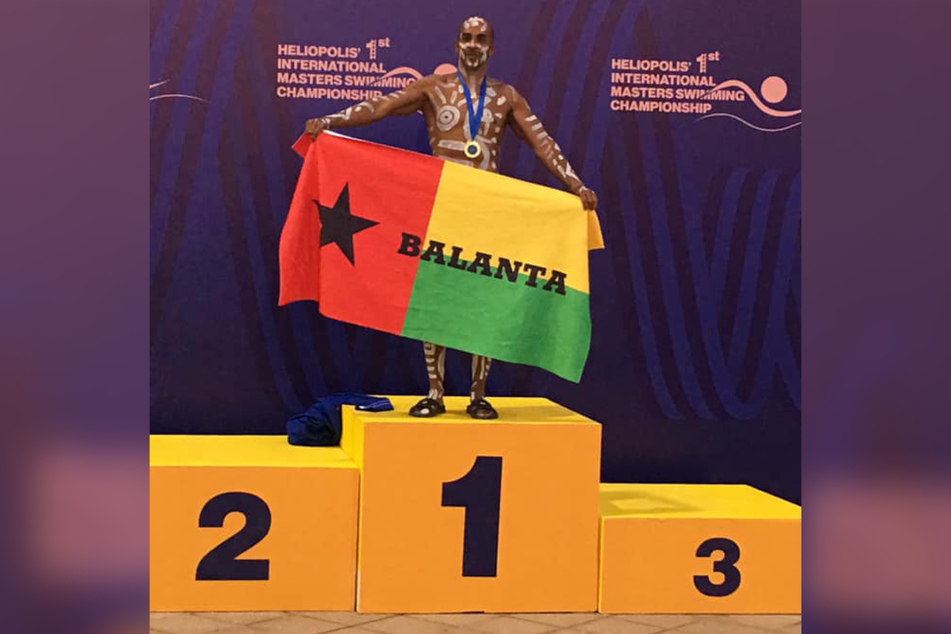
Throughout his multi-faceted career, Baleka has strived to break barriers – with many ups and downs along the way. While a college athlete at Yale University, he failed to qualify for the Olympic swimming trials by just 0.8 seconds in the 100-meter freestyle. The defeat shattered his dreams of becoming the first African-American athlete on the US Olympic swimming team.
Baleka retired from swimming shortly after that and began to travel the world before landing a job as a truck driver in the US. It wasn't long before Baleka's passion for fitness reasserted itself, and he started developing a training program that has helped thousands of truck drivers lead healthier lifestyles.
Baleka picked his swimming journey back up and at age 50 was poised to become the oldest swimmer ever to compete in the Olympics – this time for Guinea-Bissau, a nation of around 2 million people on the West coast of the continent of Africa. Those dreams were stolen when FINA decided he did not meet their requirements to compete for the country.
While those experiences may seem like enough to fill multiple lifetimes, they don't even touch on one of the most pivotal moments for Baleka, which came when he took an African Ancestry DNA test in September 2010. The results revealed that his paternal side is 100% Balanta, the largest ethnic group in Guinea-Bissau.
"It was the most profound experience that I’ve had because all of a sudden, I’m finding my place in history and all of the things that were taken from me that make this void, this unfulfilled longing for something," Baleka told TAG24 NEWS.
"We’ve always heard we come from Africa, but we don’t know where, we don’t know who, we don’t know what language," he continued. "Imagine someone broke into your house and stole everything – not just your expensive possessions, but also your memories, the pictures of your family – and you forgot all of that. Then, you capture the thief, and you’re reliving all of these things and remembering all of these things."
"Now, all of a sudden, you have what was taken from you, and you feel whole again. You feel repaired."
Seeking international remedies for the crime of ethnocide
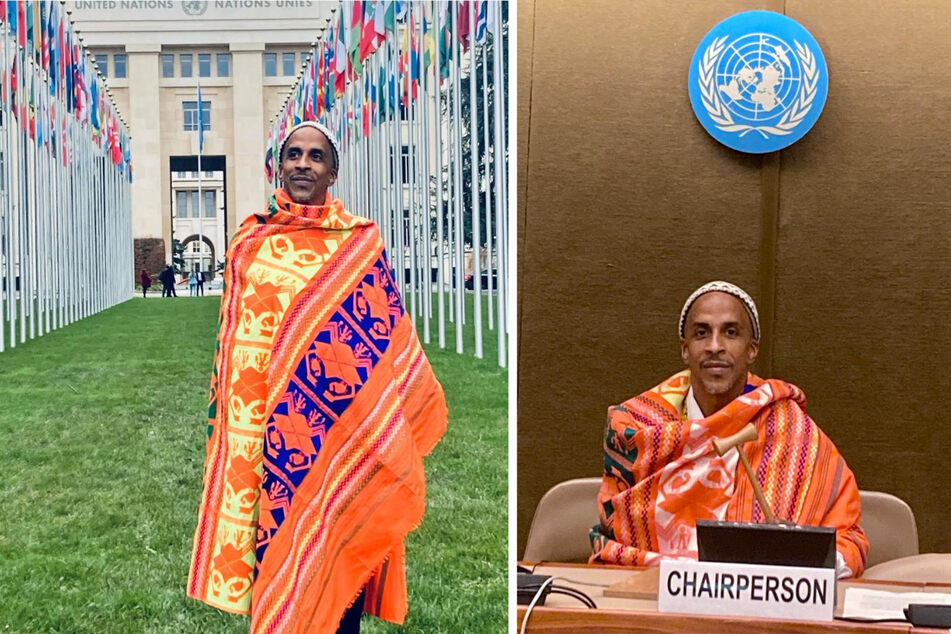
While learning of his Balanta ancestry was a life-changing moment for Baleka, it turned out to be just the start of a whole new journey.
Baleka has since become the first person of African descent from the United States to become a naturalized citizen of Guinea-Bissau, where he has repatriated. He also launched the Balanta B’urassa History and Genealogy Society in America to encourage other African Americans to learn about their family histories and ancestral language and culture – knowledge that was stripped from them during the Transatlantic Slave Trade.
"The United States is guilty of state-sanctioned ethnocide," Baleka said, referring to the deliberate and systematic destruction of cultures. "We are the living victims of it, and for the first time in human history – because of the DNA testing – we can actually recover from the ethnocide."
Today, Baleka's quest for justice has led him to the Inter-American Commission on Human Rights (IACHR), where he has filed a first-of-its-kind petition seeking redress for the continued harms he and his family experience stemming from the era of enslavement.
Tracing the genetic impacts of enslavement
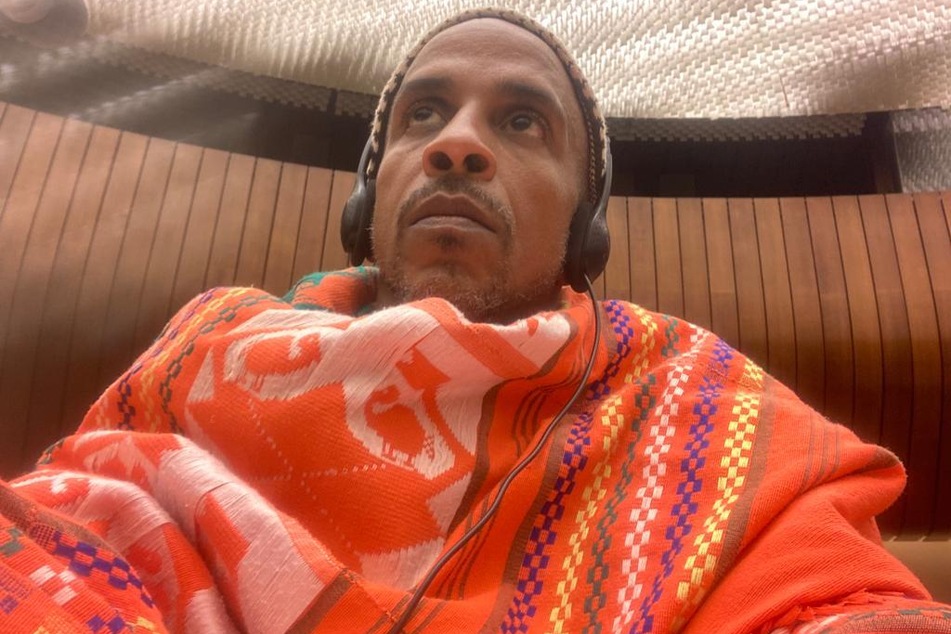
Using knowledge gained from genetic and genealogical research, Baleka's petition tells the story of his ancestor Brassa Nchabra, a Balanta man who was kidnapped by white enslavers prior to the American Revolution in 1776 and forcibly trafficked to what became the United States.
There, Brassa Nchabra was branded with the name "George" and subjected to brutal forms of white domination and control. This subjugation fundamentally altered not only Brassa Nchabra's psyche, but also the structure of his DNA, Baleka argues.
The case relies on a growing body of research around epigenetics, which looks at the way environmental conditions impact gene expression and function. Chemical modifications, triggered by external conditions like those that cause severe stress, can turn certain genes "on" or "off." While the DNA code remains the same, the altered structures can affect the way humans and other animals behave and even be passed down to subsequent generations.
According to Baleka, these epigenetic changes are the result of intentional processes honed during the era of enslavement. Repeated exposure to life-or-death situations caused Black people's genes to record the responses that allowed them to survive, which he said reinforced behaviors of obedience and subservience. To this day, these fear-based responses may be triggered when African Americans are exposed to similar environments of scarcity and danger.
"What we have learned all these generations is, instead of responding to our natural human tendencies, we have to disregard them and behave or perform as the object that we were created to be – these instruments that simply obey what the white man has said. How can we be fully human if that’s now our operating system?" Baleka asked.
"Literally, we are genetically no longer natural. We have an artificial genetic structure that was manufactured. It was created by this process, and it needs repair."
Fighting for the long-denied right to self-determination
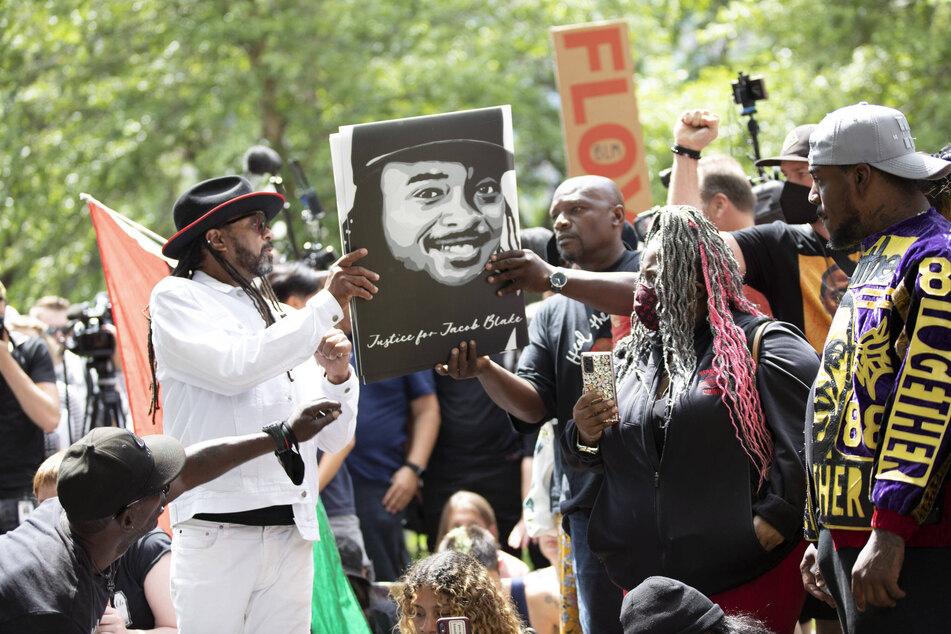
Baleka's petition builds on the insights from epigenetic research to characterize slavery as an artificial operation designed to transform human beings into chattel.
Just as a company takes raw materials and processes them to make a product, the US government perfected the means of dehumanizing Black people and turning them into a tool for white financial gain, Baleka explained.
The systematic destruction of Black lives involved not only material equipment like slave ships, whips, and chains, but also rules and regulations that dictated power relations, as well as codes of accepted and unaccepted behavior in American society, he said. These laws constitute the intellectual property and trade secrets of the United States, which helped the country become the economic superpower it is today.
Though the Thirteenth Amendment outlawed chattel slavery (except in cases of criminal punishment) in 1865, it did nothing to stop the systematic erasure of Black people's identity and culture. The Fourteenth Amendment then became a weapon that denied Black people's right to choose whether they wanted to be US citizens.
"If my ancestors are free, then my ancestors get to decide their destiny, whether they want to integrate into America, whether they want to go back to Africa, whether they want to set up their own country," Baleka insisted. "But what happened was that the Founding Fathers used the intellectual property to say you’re no longer the property of the slave master; you’re now the property of the United States government under what we call 'citizen.' You used to have to obey the slave master; now you have to obey the government."
Baleka traces this historic deprivation to the present day, as racist policies and US militarism at home and abroad conspire to keep African Americans in a static underclass.
For Baleka, continued attempts to break Black people's spirits, like the police shooting of his cousin, Jacob Blake, in Kenosha, Wisconsin, prove that the project of enslavement never truly ended.
Making the international case for repair
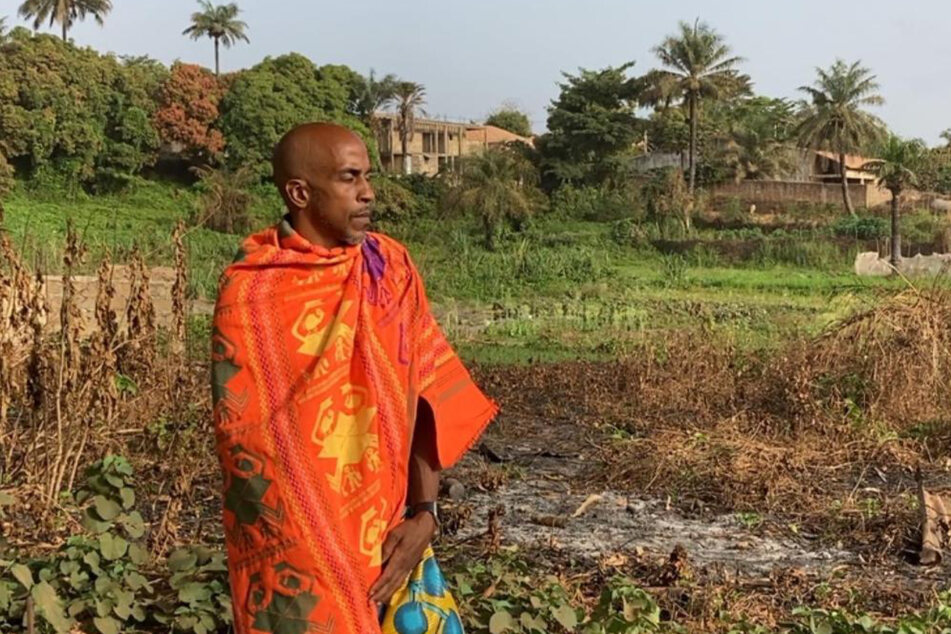
While this history paints a bleak picture, Baleka's petition also includes some good news: the epigenetic changes and physical and mental harms African Americans endure can be reverse-engineered, given the right conditions. These would include the ceding of land and territory to African Americans so they have a space where they can heal without fear of further retaliation.
That's why Baleka is seeking not only financial compensation for the damage done to his family, but also the transfer of at least 80 acres of land that are due to his ancestors Jack Blake and Yancey Blake following Emancipation. He is further calling on the US to facilitate his family's repatriation efforts by redirecting resources to Guinea-Bissau, as the damages done by colonialism have left the country at rank 175 out of 189 in the 2020 UN Human Development Index.
After failing to secure a hearing in the US legal system, Baleka has turned to the IACHR with his petition. He hopes the case will set a precedent for other African Americans seeking justice for the crimes of ethnocide and enslavement and show them that they, too, can have their day in court.
While winning the case may be an uphill battle, Baleka's own life story illustrates that there is hope for renewal: "I can actually speak the Balanta language that was beaten out of my ancestor, Brassa Nchabra. I have actually been to the village where he was taken from, and I live in the land of my ancestors. That wasn’t possible 20 years ago, so it is possible to regain all that was taken from us."
If the IACHR agrees to take up the petition, it could set the stage for a true racial reconciliation for the first time since the start of the Transatlantic Slave Trade.
"Once we get to a point of having been healed and are equal citizens of the world sitting at the table with other nations of people, then we can enter a relationship with white Americans based on real equality, not a fabricated equality where white people have all the power," Baleka said.
Cover photo: Courtesy of Siphiwe Baleka

